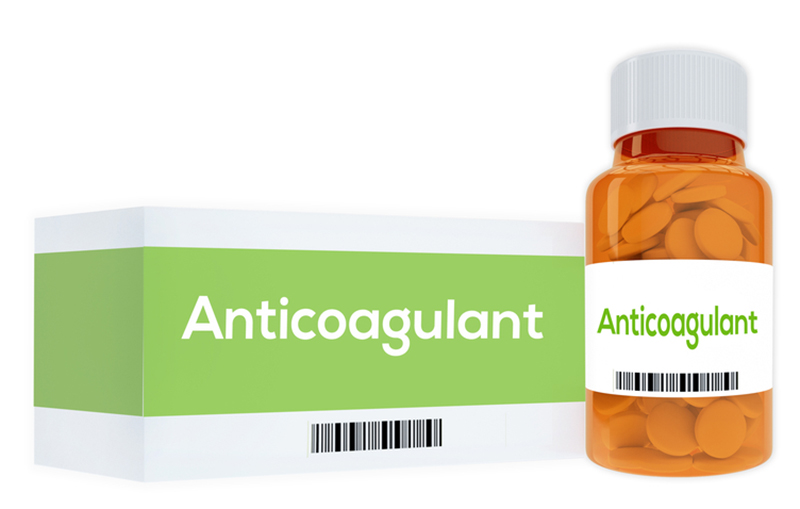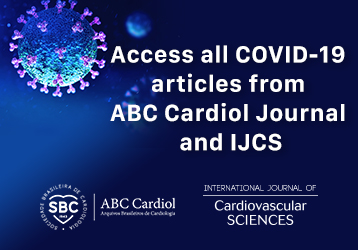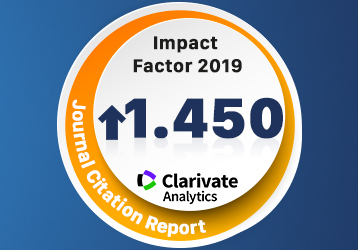Volume 110, Nº 2, February 2018
DOI: http://www.dx.doi.org/10.5935/abc.20180001
ORIGINAL ARTICLE
Uninterrupted Use of Oral Anticoagulants for the Ablation of Atrial Flutter: A Single Center Cohort of 154 Patients
Tiago Luiz Luz Leiria
Alexandre Kreling Medeiros
Eduardo Dytz Almeida
Antonio Lessa Gaudie Ley
Catarine Benta Lopes dos Santos
Roberto Toffani Sant’Anna
Marcelo Lapa Kruse
Leonardo Martins Pires
Gustavo Glotz de Lima

Abstract
Background: The uninterrupted use of oral anticoagulation (OAC) with vitamin K antagonists (VKAs) for electrophysiology procedures has been more and more recommended. The clinical practice in our service recommends the continuous use of these drugs for atrial flutter ablation. There is little evidence as to the uninterrupted use of non-vitamin K antagonist oral anticoagulants (NOACs) in this scenario.
Objective: To compare the rates of complications related with the uninterrupted use of different types of oral anticoagulants in patients referred to atrial flutter (AFL) ablation.
Methods: Historical, single-center cohort of ablation procedures by AFL conducted from November 2012 to April 2016. The primary outcome was the occurrence of hemorrhagic or embolic complication during the procedure. The secondary outcome was the occurrence of stroke or transient ischemic attack (TIA) in follow-up. The statistical significance level was 5%.
Results: There were 288 ablations per AFL; 154 were carried out with the uninterrupted use of OAC (57.8% with VKA and 42.2% with NOAC). Mean age was 57 ± 13 years. The rate of hemorrhagic complication during the procedure was 3% in each group (p = NS). The rate of stroke/TIA was, respectively, of 56/1,000 people-year in the VKA group against zero/1,000 people-year in the NOAC group (p = 0.02).
Conclusion: In our population there were no hemorrhagic complications regarding the procedure of OAC use uninterruptedly, including NOACs. There was higher occurrence of stroke/TIA in the follow-up of the group of patients undergoing VKAs; however, this difference may not only be a result of the type of OAC used. (Arq Bras Cardiol. 2018; 110(2):151-156)
Keywords: Anticoagulants; Vitamin K; Catheter Ablation; Atrial Flutter; Thromboembolism.















